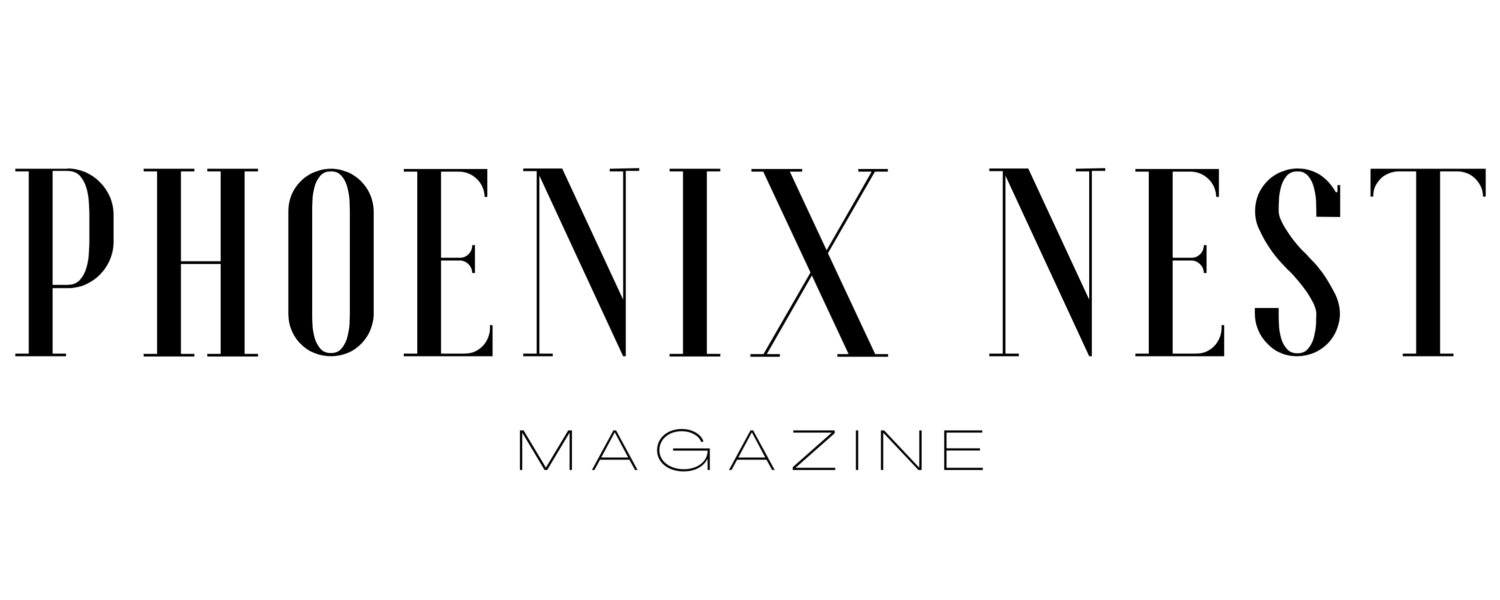There’s a quiet, transformative power in truly accepting a “no.” For years, many of us have spent energy trying to convince or change opinions, only to learn that honoring the other person’s boundaries is a leap toward genuine connection. Accepting “no” is an art, a practice of self-respect that both honors others and nurtures our own emotional well-being.
The Journey Toward Acceptance
Growing up, many of us were conditioned to see “no” as a rejection—a personal failure. Over time, however, I learned that a clear “no” isn’t about me; it’s about respecting another person’s reality. Embracing this perspective transforms interactions from battlegrounds of persuasion into opportunities for honest engagement. It’s a realization that frustration dissipates when you accept that each “no” is simply an affirmation of someone’s boundaries.

Boundaries as Acts of Love
When you honor someone’s “no,” you are communicating a deep respect for their autonomy. It’s in these moments of acceptance that relationships deepen, as the need to negotiate or persuade gives way to a compassion that mostly cares to understand. This shift allows us to build connections that are founded not on compromise, but on mutual respect and honest communication.
The process of embracing “no” can be challenging, especially when vulnerability is involved. There’s an inherent risk in opening up—fear of rejection, fear of not being enough. Yet, when you allow someone to assert their boundaries freely, you also create the space for them to do the same with you. This mutual respect fosters a balanced dynamic where each person’s limits are honored and understood.

From Negotiation to True Connection
Learning to accept “no” takes practice—it’s about shifting from a mindset of negotiation to one of quiet strength. Each time you honor another’s refusal, you protect your own emotional well-being. It isn’t about suppressing a desire for connection; rather, it’s about recognizing that true intimacy blossoms in an environment of honest limits. Every refusal becomes a chance to reaffirm your own worth as you demand, or rather receive, the same respect for your boundaries.
As challenging as it might feel, embracing “no” also means discovering inner freedom. When you stop trying to solve every disagreement, you free your energy for what truly matters—constructive, honest interactions that respect individuality. It is this honest acceptance that ultimately anchors relationships in reality rather than idealized expectations.

In the end, the art of accepting “no” transforms our relationships and, importantly, our relationship with ourselves. It calls us to foster a space where vulnerability is met with compassion rather than coercion. This quiet power of boundaries not only simplifies interactions but builds relationships that are more resilient, respectful, and true.

